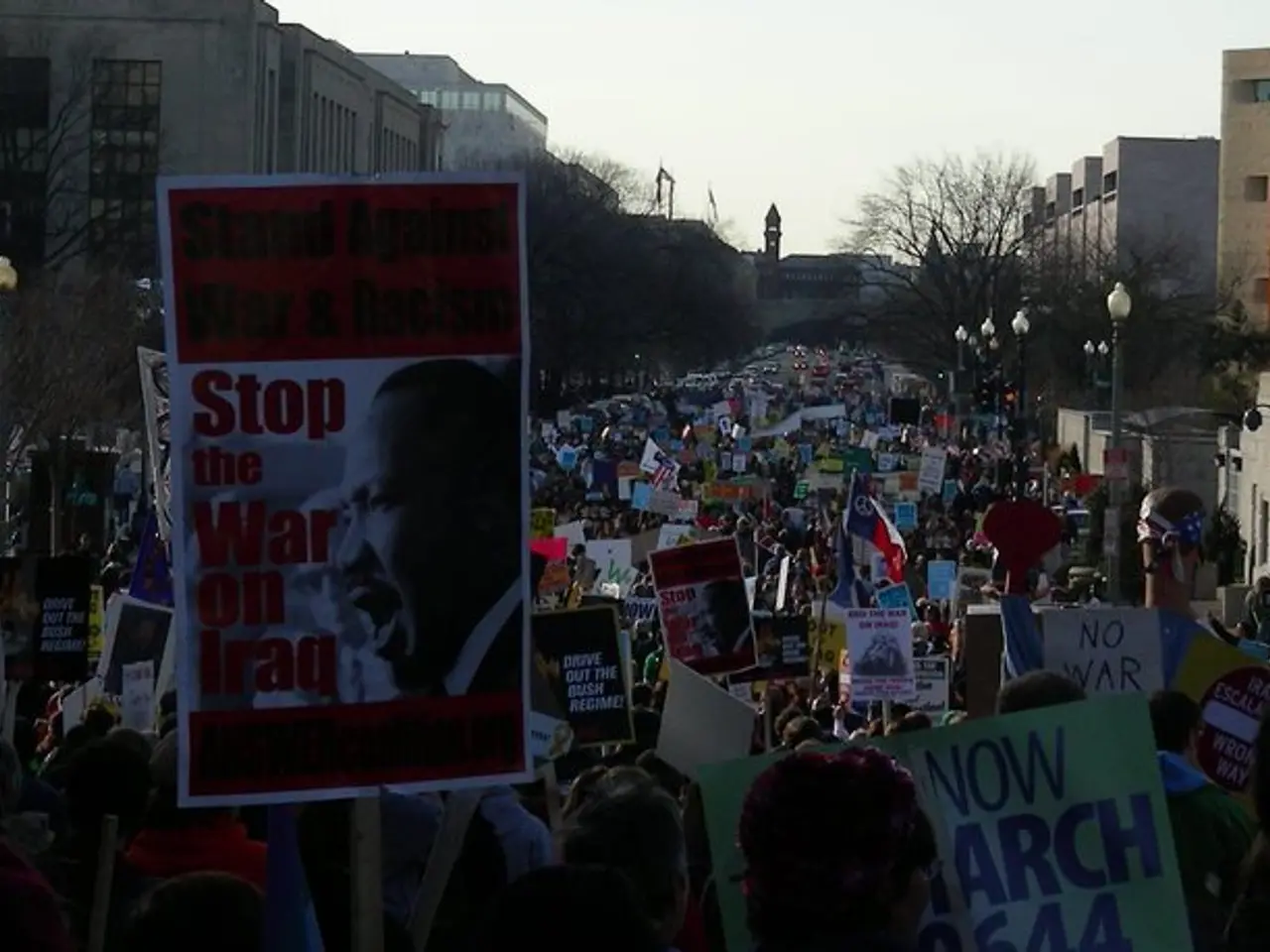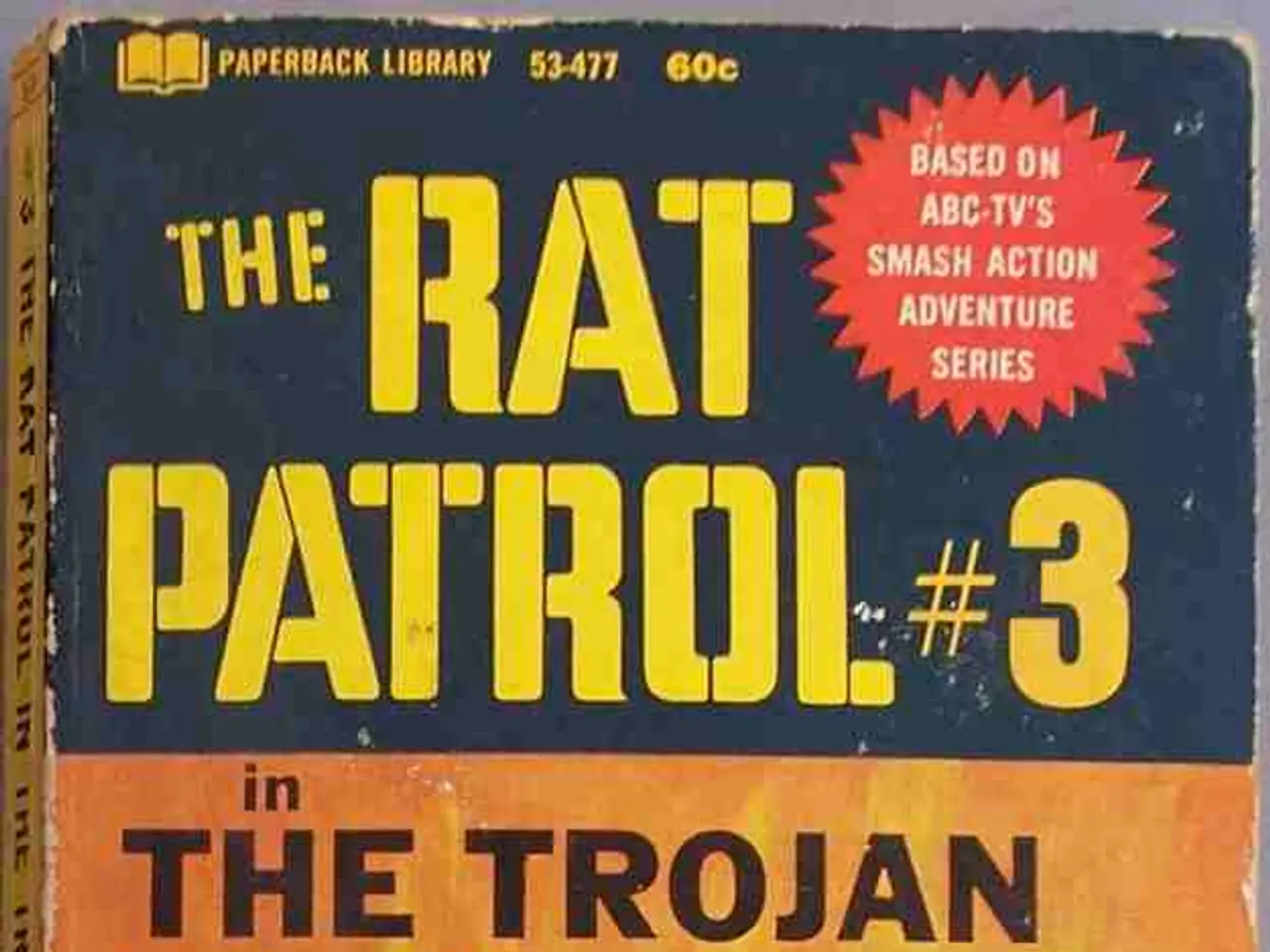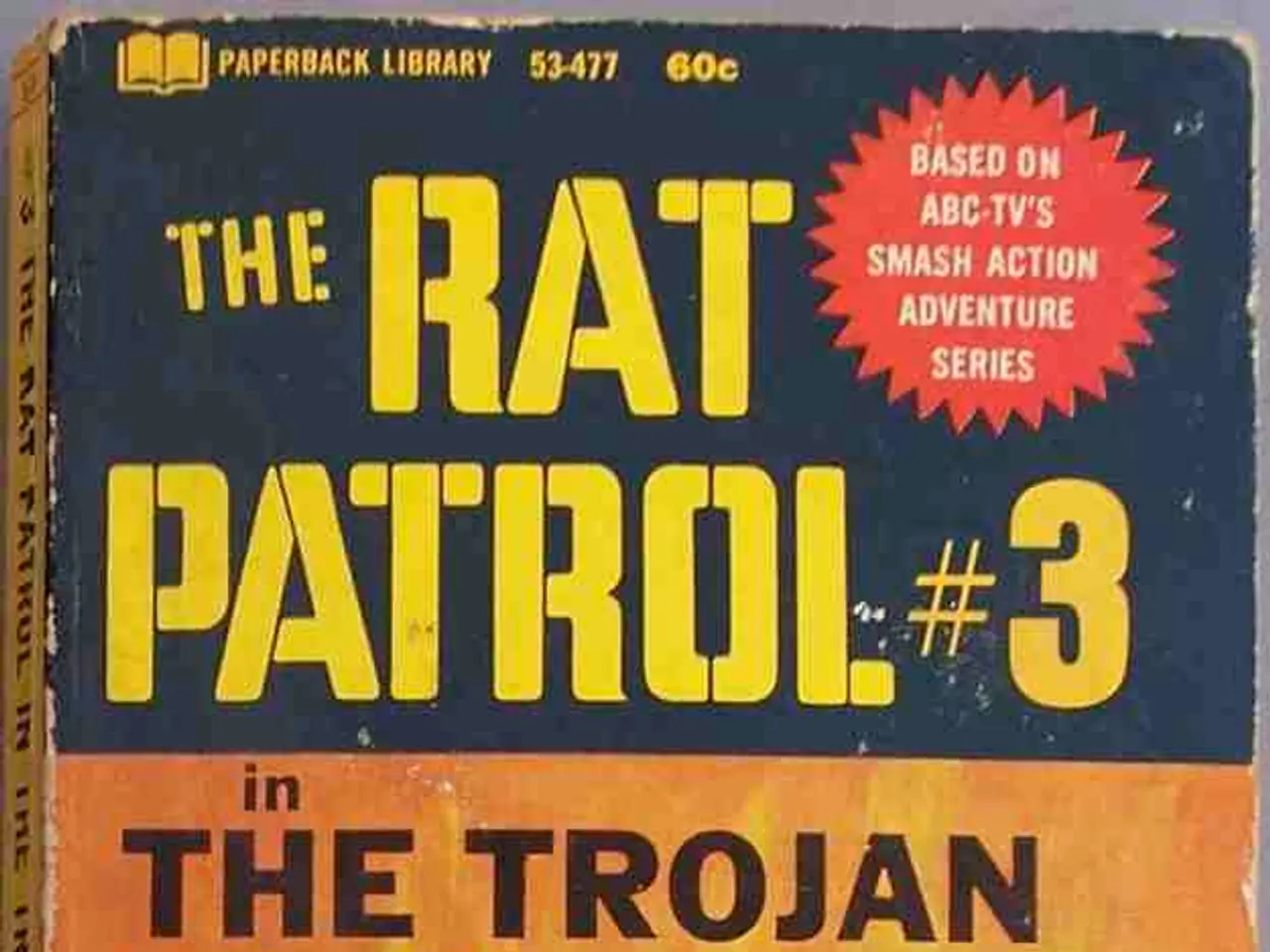Securing a Second Opportunity for Eric Adams amid Challenges Posed by Zohran Mamdani
In the bustling heart of New York City, Mayor Eric Adams is once again the city's most influential figure.
Eyebrows may have raised during the primary season, but after Tuesday's electrifying results, Adams likely breathed a sigh of relief. Facing the looming threat of an avowed socialist like Zohran Mamdani, Adams knows his second look and potential second chance are just what he needs after a challenging term in office.
Although Mamdani managed to secure a substantial number of first-rank choices with 93% of the vote tallied, a closer look reveals that he only captured under 10% of the city's 5.1 million registered voters. That's far from a resounding mandate or a guarantee of a landslide victory in the general election.
Launching his re-election bid, Adams argues that he's accomplished more than he's been given credit for, especially in a media environment that struggles to focus.
CRUNCHING NUMBERS AND STATS:
Thanks to the vigilance of Police Commissioner Jessica Tisch, New York City's homicides are down about 27% so far in 2025. If this trend continues, it could break records for the fewest homicides in the city's history. Subway-related murders have also plummeted to just one in 2025, while overall major transit felonies have decreased by nearly 4%.
Adams can also boast about a few tough situations that he's managed to navigate successfully, such as the COVID-19 pandemic and busloads of migrants arriving from the Southern border. Despite the challenges these situations presented, Adams faced them head-on, even if some might argue he relied too heavily on emergency contracts or could have challenged the legal system more forcefully.
SHAKEUPS AND SHIFTED STRATEGIES:
Adams has also made key concessions and implemented significant changes during his tenure. For example, he limited single adult migrants to a 30-day stay maximum, helping to reduce the city's shelter population significantly. He also passed the City of Yes for Housing Opportunity plan, the biggest change to the city's land-use rules since 1961, resulting in the gradual addition of 82,000 new housing units over 15 years.
BUILDING A NEW COALITION:
In order to secure his place in the general election, Adams will need to form a new coalition that capitalizes on his success in 2021, when he united outer-borough black and Hispanic workers, union workers, and those worried about crime. Mamdani may have won the low-income vote during the primary, but most of those voters are likely to migrate to Adams.
The mayor will also need to foster strong support in Orthodox Jewish neighborhoods, where voters are alarmed at the prospect of a Mamdani mayoralty. Adams boasts a new Mayor's Office to Combat Antisemitism—a power only a sitting mayor holds—as proof of his commitment to protecting the city's Jewish community.
ASIAN COMMUNITIES:
Adams will also need to rally Asian voters threatened by Mamdani's support for eliminating the Screening Exam (SHSAT) for specialized high schools. In contrast, Adams has worked to protect the elite schools and other opportunities for accelerated learning in the city.
ROADBLOCKS AHEAD:
Despite his efforts, Adams faces several hurdles. His struggles with low approval ratings and lingering fallout from the federal corruption indictment remain a concern. Additionally, he must get other candidates to exit the race to avoid splitting the moderate vote and reduce the chance of a progressive victory.
Whether Adams emerges victorious or not, New Yorkers will ultimately decide whether he deserves another term or if it's time for a shake-up—perhaps even a taste of socialism.
John Ketcham, director of cities and a legal policy fellow at the Manhattan Institute, shares his insights and analysis on the 2025 re-election race in NYC. All opinions expressed are his own, not those of the Manhattan Institute.
Enrichment Data:
- Opportunities and Threats: The enrichment data reveals the following opportunities and threats for Mayor Eric Adams in his 2025 re-election campaign: Opportunities:
- Capitalizing on his administration’s successes in public safety.
- Highlighting the City of Yes for Housing Opportunity plan and its impact on the city's housing market.
- Building a strong coalition of supporters from various demographic and political groups, as he did in 2021. Threats:
- Overcoming the negative impact of the federal corruption indictment.
- Convincing voters outside his traditional base, such as progressive and conservative voters, that he is the right candidate for New York City.
- Navigating the crowded field of competitors, including strong Democratic and Republican candidates.
- Key Strategies: To secure his re-election bid, Adams will likely focus on the following strategies:
- Emphasizing his achievements in public safety and housing policies.
- Pursuing a strong messaging framework through his independent ballot lines.
- Reframing his image from the federal corruption investigation fallout.
- Building a broader coalition with voters from different ideologies and demographics.
- Campaigning on issues that resonate with key voting blocs, such as crime, affordability, and antisemitism.
In the realms of policy-and-legislation and politics, Mayor Eric Adams' re-election bid in NYC's general election is garnering significant attention. Leaning on his successes, such as the City of Yes for Housing Opportunity plan and New York City's improved public safety, Adams attempts to form a broader coalition and rally support from various demographic and political groups, including Asian communities, Orthodox Jewish neighborhoods, and moderate voters. As challenges such as lingering fallout from the federal corruption indictment and a crowded field of competitors present obstacles, the outcome of the election could signal a continuation of Adams' policies or a shift towards politics like socialism.








